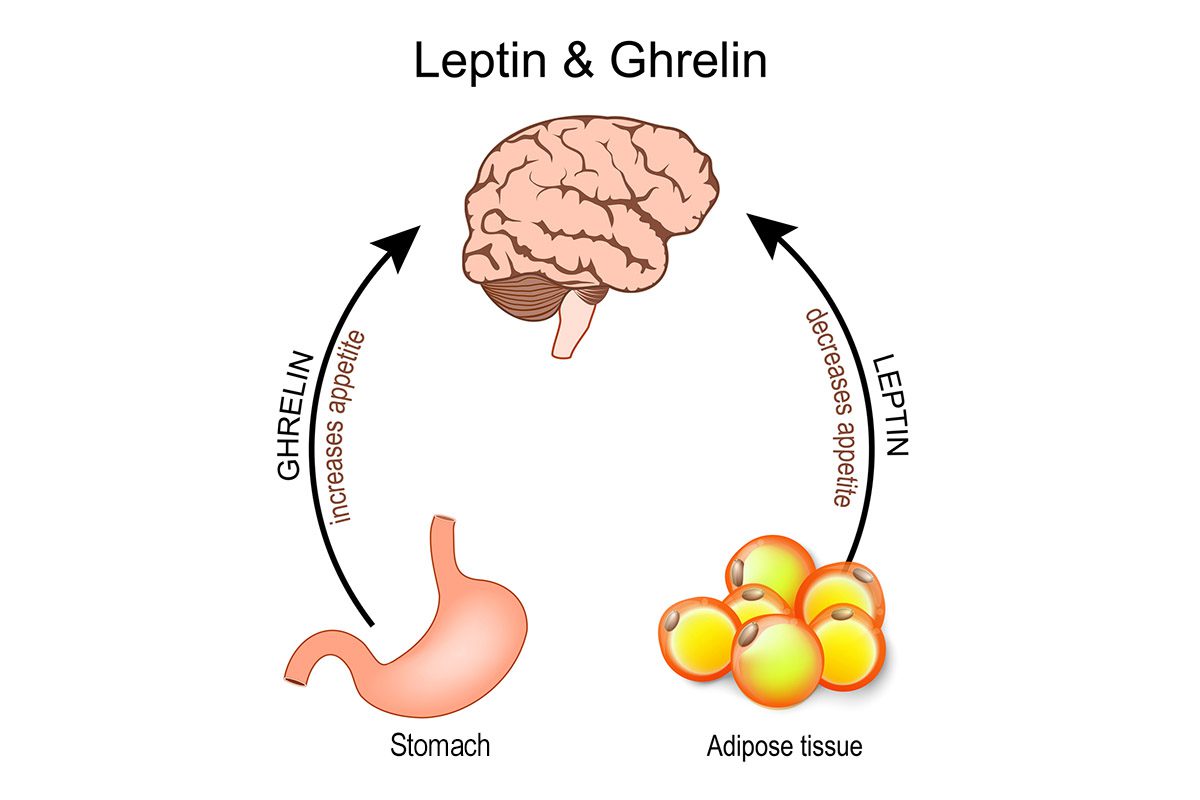Abstract
Objective: Borderline personality disorder (BPD) and eating disorders (EDs) both cause significant distress and co-occur at rates higher than expected, signifying potential overlapping regulatory mechanisms between both disorders. More specifically, both disorders involve emotion regulation deficits, suggesting they may share specific maladaptive regulatory components. The present study sought to examine the predictive role of emotion dysregulation within the comorbidity between EDs and BPD.
Methods: A sample of psychiatric outpatients (N = 872) collected from a longitudinal study spanning the mid-1990s to 2015 completed the Structured Clinical Interview for DSM-IV for Axis I Disorders as well as a measure of emotion regulation strategies, the Difficulties in Emotion Regulation Scale, in order to assess overall functioning.
Results: In a regression analysis, BPD was significantly predicted by emotion regulation deficits and was strongly related to categories of emotion dysregulation. EDs were not significantly predicted by emotion regulation deficits but did predict BPD diagnoses (B = −0.14, P < .001). Overall, BPD demonstrated strong relationships to emotion regulation deficits.
Conclusions: Results indicate that targeted treatment focusing on emotion regulation deficits may be particularly indicated with co-occurring BPD and ED diagnoses.
J Clin Psychiatry 2024;85(3):23m15152
Author affiliations are listed at the end of this article.
Members Only Content
This full article is available exclusively to Professional tier members. Subscribe now to unlock the HTML version and gain unlimited access to our entire library plus all PDFs. If you're already a subscriber, please log in below to continue reading.
References (26)

- Zanarini MC, Reichman CA, Frankenburg FR, et al. The course of eating disorders in patients with borderline personality disorder: a 10-year follow-up study. Int J Eat Disord. 2010;43(3):226–232. PubMed CrossRef
- de Francisco Carvalho L, Pianowski G, Bacciotti J, et al. Assessing borderline personality disorder based on the hierarchical taxonomy of psychopathology (HiTOP): dimensional clinical personality inventory 2–BPD. Arch Psychiatry Psychotherapy. 2018;4:77–87.
- American Psychiatric Association. Diagnostic and statistical manual of mental disorders (DSM-5®). American Psychiatric Publishing, Inc; 2013.
- Huang Y, Kotov R, de Girolamo G, et al. DSM-IV personality disorders in the WHO World Mental Health Surveys. Br J Psychiatry. 2009;195(1):46–53. PubMed CrossRef
- Gaudio S, Di Ciommo V. Prevalence of personality disorders and their clinical correlates in outpatient adolescents with anorexia nervosa. Psychosom Med. 2011;73(9):769–774. PubMed CrossRef
- Khosravi M. Eating disorders among patients with borderline personality disorder: understanding the prevalence and psychopathology. J Eat Disord. 2020;8:38. PubMed CrossRef
- Sansone RA, Levitt JL. Borderline personality and eating disorders. Eat Disord. 2005;13(1):71–83. PubMed CrossRef
- Salsman N, Linehan MM. Dialectical-behavioral therapy for borderline personality disorder. Prim Psychiatry. 2006;13(5):51. PubMed
- Carpenter RW, Trull TJ. Components of emotion dysregulation in borderline personality disorder: a review. Curr Psychiatry Rep. 2013;15(1):335. PubMed CrossRef
- Iverson KM, Follette VM, Pistorello J, et al. An investigation of experiential avoidance, emotion dysregulation, and distress tolerance in young adult outpatients with borderline personality disorder symptoms. Personal Disord. 2012;3(4):415–422. PubMed CrossRef
- Tolpin LH, Gunthert KC, Cohen LH, et al. Borderline personality features and instability of daily negative affect and self-esteem. J Pers. 2004;72(1):111–137. PubMed CrossRef
- Trull TJ. Structural relations between borderline personality disorder features and putative etiological correlates. J Abnorm Psychol. 2001;110(3):471–481. PubMed CrossRef
- Brockmeyer T, Skunde M, Wu M, et al. Difficulties in emotion regulation across the spectrum of eating disorders. Compr Psychiatry. 2014;55(3):565–571. PubMed CrossRef
- Svaldi J, Griepenstroh J, Tuschen-Caffier B, et al. Emotion regulation deficits in eating disorders: a marker of eating pathology or general psychopathology? Psychiatry Res. 2012;197(1–2):103–111. PubMed CrossRef
- Dingemans A, Danner U, Parks M. Emotion regulation in binge eating disorder: a review. Nutrients. 2017;9(11):1274. PubMed CrossRef
- Prefit AB, Candea DM, Szentagotai-Tătar A. Emotion regulation across eating pathology: a meta-analysis. Appetite. 2019;143:104438. PubMed CrossRef
- Anestis MD, Selby EA, Fink EL, et al. The multifaceted role of distress tolerance in dysregulated eating behaviors. Int J Eat Disord. 2007;40(8):718–726. PubMed CrossRef
- Zimmerman M. Integrating the assessment methods of researchers in routine clinical practice: the Rhode Island Methods to Improve Diagnostic Assessment and Services (MIDAS) project. Standardized evaluation in clinical practice. American Psychiatric Publishing; 2003:29–74.
- First MB, Spitzer RL, Gibbon M, et al. Structured Clinical Interview for the DSM-IV TR axis 1 disorders, research version, patient edition (SCID-I/P). Biometrics Research, New York State Psychiatric Institute; 2002.
- Pfohl B, Blum NS, Zimmerman M. Structured interview for DSM-IV personality: SIDP-IV. American Psychiatric Press; 1997.
- Zimmerman M, Francione-Witt C, Chelminski I, et al. Problems applying the DSM IV eating disorders diagnostic criteria in a general psychiatric outpatient practice. J Clin Psychiatry. 2008;69(3):381–384. PubMed CrossRef
- Zimmerman M, Galione JN, Ruggero CJ, et al. Screening for bipolar disorder and finding borderline personality disorder. J Clin Psychiatry. 2010;71(9):1212–1217. PubMed CrossRef
- Gratz KL, Roemer L. Multidimensional assessment of emotion regulation and dysregulation: development, factor structure, and initial validation of the difficulties in emotion regulation scale. J Psychopathol Behav Assess. 2004;26(1):41–54.
- Miller AE, Trolio V, Halicki-Asakawa A, et al. Eating disorders and the nine symptoms of borderline personality disorder: a systematic review and series of meta-analyses. Int J Eat Disord. 2022;55(8):993–1011. PubMed CrossRef
- Lynch TR, Gray KL, Hempel RJ, et al. Radically open-dialectical behavior therapy for adult anorexia nervosa: feasibility and outcomes from an inpatient program. BMC Psychiatry. 2013;13(1):293–317. PubMed CrossRef
- Hudson JI, Hiripi E, Pope HG Jr., et al. The prevalence and correlates of eating disorders in the National Comorbidity Survey Replication. Biol Psychiatry. 2007;61(3):348–358. PubMed CrossRef





